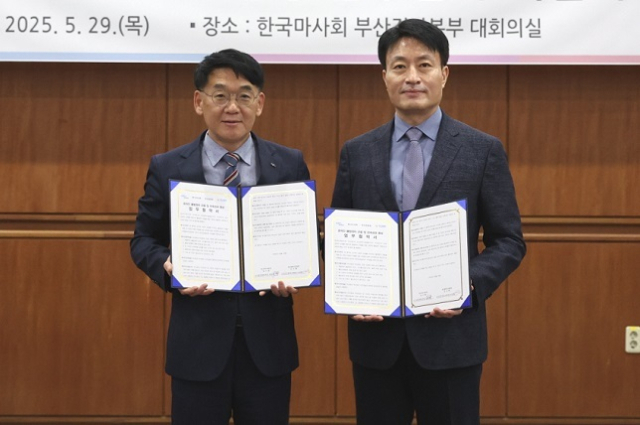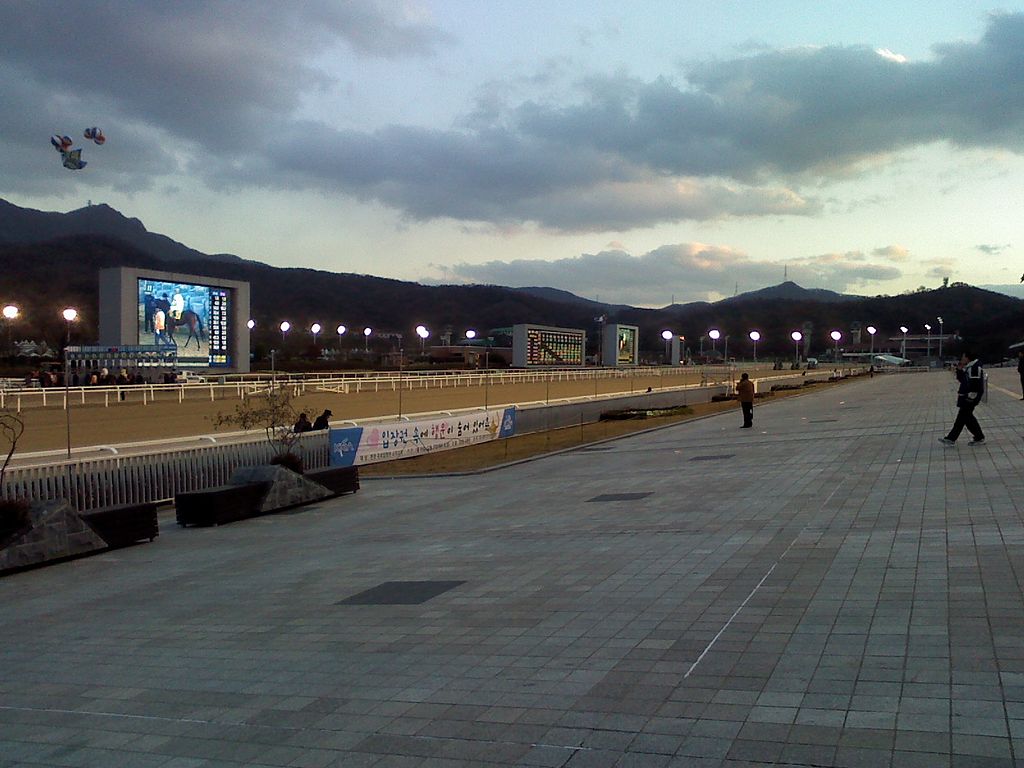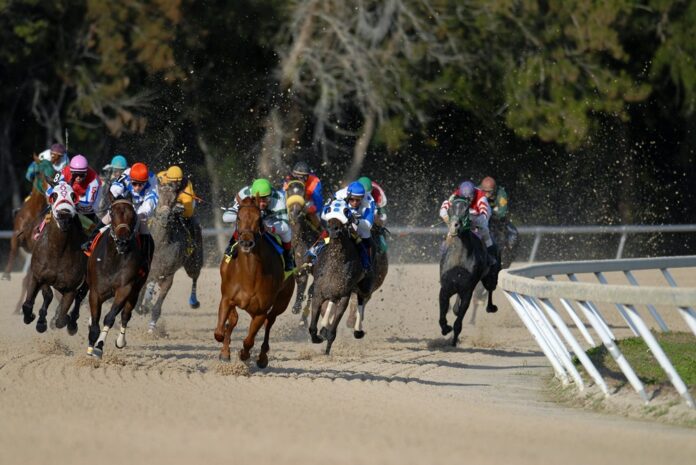The South Korean horse racing regulator, the Korea Racing Authority (KRA), has signed an agreement with the Busan Metropolitan Police Agency in an attempt to stamp out illegal online betting on horse races.
The parties sealed a business agreement at the KRA Busan-Gyeongnam Regional Headquarters, Wikitree reported.
The KRA and police chiefs vow to work together to stem the rise of illegal online betting.
South Korean Horse Racing: Crackdown on Illegal Betting
The regulator outlined that illegal horse racing betting on mobile apps and social media platforms is on the rise.

The KRA believes an institutional response is needed to stem the growth of the illegal gambling market. Underground betting is causing damage to the broader public, the regulator explained.
The parties agreed to cooperate by creating an information-sharing network. The regulator will also start contributing resources to police investigations.
The KRA added that it will hold awareness events in conjunction with the police. These events will help prevent the spread of illegal horse racing betting, the body claimed.
Police: KRA Deal Is Significant
The regulator told reporters that inter-agency cooperation would help eradicate illegal online horse racing in the country.
A police spokesperson called the agreement “significant.” The official stated that the deal would enable police forces to conduct more effective crackdowns.
Gambling is tightly controlled in South Korea. Horse racing and related gambling in the country mainly centers around Let’s Run Park Seoul, a KRA-run racecourse in Gwacheon, near Seoul.

The KRA has been granted permission to expand its operations in recent years, opening facilities on Jeju Island and Busan’s Gangseo District.
The KRA also has permission to build a racecourse in Yeongcheon, North Gyeongsang, although work on the project stalled several years ago.
In return, the KRA is subject to a range of strict tax laws. Additionally, it must contribute 60% of its profits to a reserve fund for livestock industry groups, rural projects, and fishing communities.
The regulator also oversees horse auctions. Late last month, an auction in Jeju saw a two-year-old horse change hands for a winning bid of 70 million won ($51,330).
Yonhap News reported that 12 out of 46 horses put up for sale found a buyer at the auction, with bidders paying an average of 22.42 million won ($16,438) per horse.
Additionally, youth gambling is on the rise in South Korea, experts have warned. Over 4% of schoolchildren in the nation have experience placing bets, a recent survey discovered.








